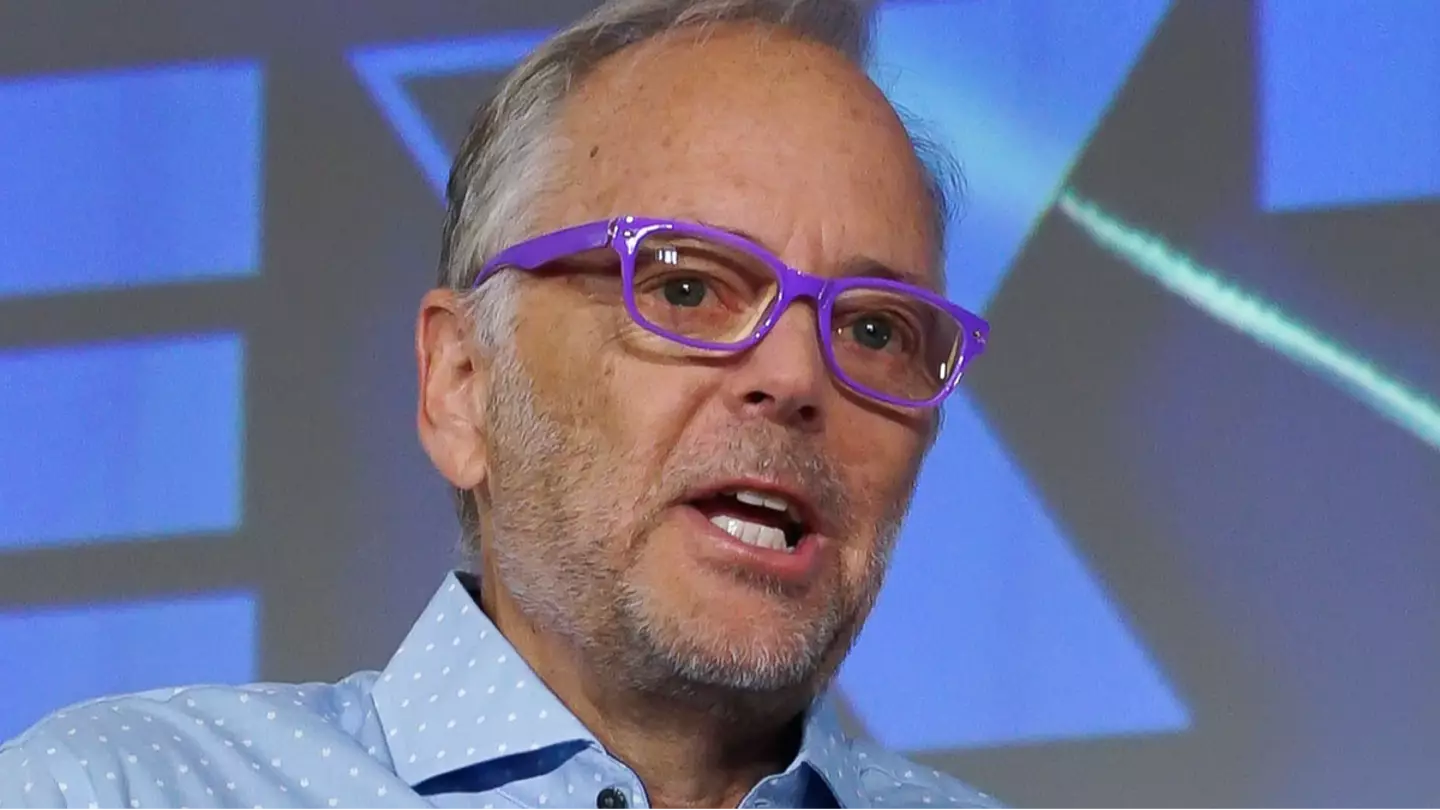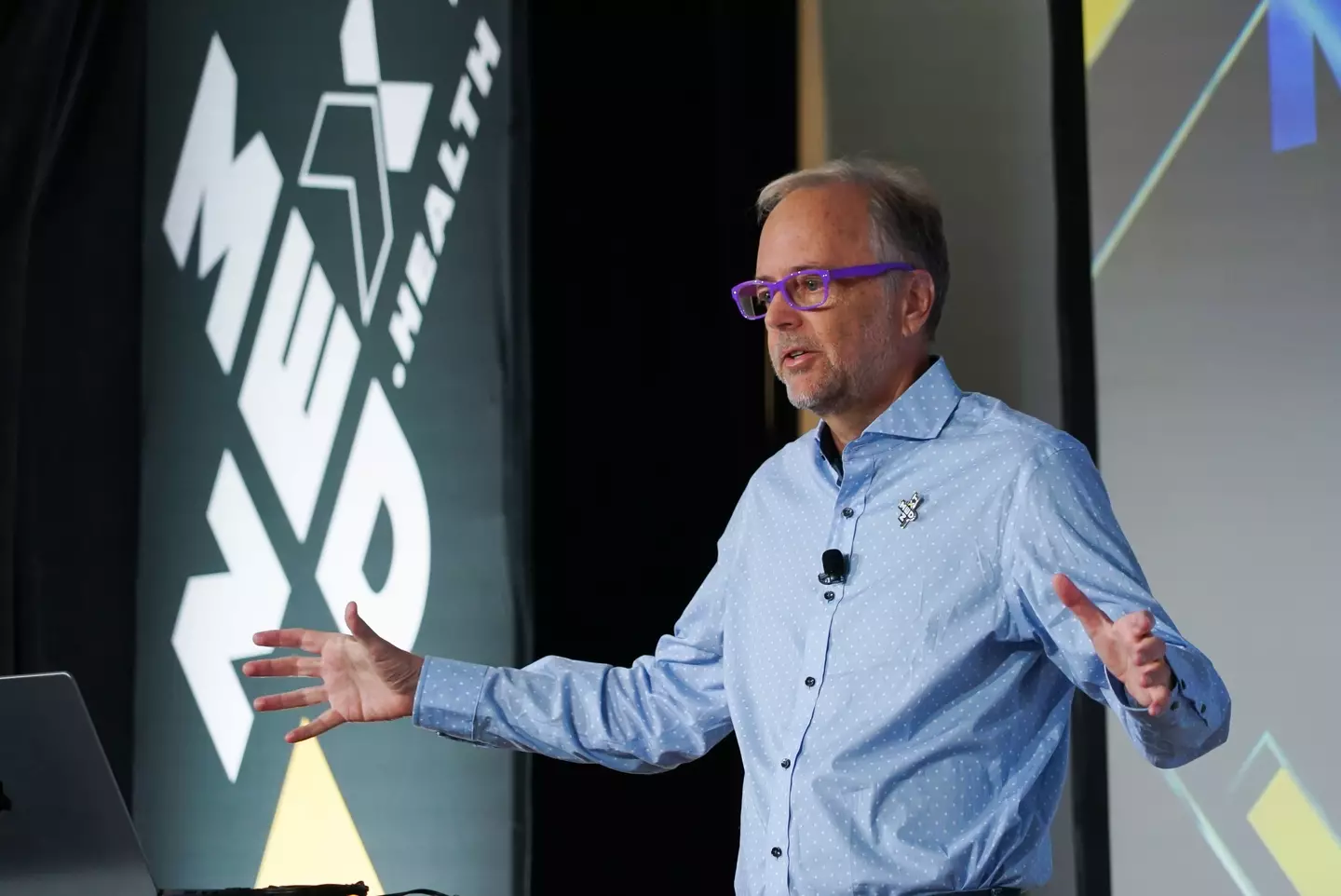
Topics: Artificial Intelligence, Cancer, Technology
A man diagnosed with a rare form of blood cancer claims artificial intelligence (AI) 'saved his life' after doctors missed some of the warning signs.
Steve Brown is in the middle of treatment after being diagnosed with an aggressive form of blood cancer in his bone marrow.
While it was good the disease had been caught relatively early, Steve credits AI for still being here today.
That is because doctors initially dismissed Steve's symptoms, as he explained to UNILAD: "I felt like the best years were behind me, like everything was sliding downhill. Over a few months I lost 30 pounds, had no appetite, and was wiped out by the smallest effort. My labs kept coming back with 'abnormal' tags: anemic, low immunoglobulins, high ferritin."
Advert
Steve went on to say that 'no one connected the dots', but he knew something was seriously wrong.

The pivotal moment came after a 'steak dinner', which left Steve in heaps of pain. And because he had relocated to Palm Desert because a wildfire destroyed his home, a fresh pair of eyes looked into his symptoms.
After many scans and tests, Steve was told by health professionals he had blood cancer.
"I wanted to understand why my earlier doctors had missed it after testing everything under the sun," he added, which is where AI comes in.
Steve told UNILAD: "AI saved my life by helping me become an expert in my specific disease. It surfaced patterns in my data, taught me about options precisely targeted to the mutations driving my cancer, and helped me advocate for the right treatment."
The tech entrepreneur has since gone on to create CureWise, a platform powered by AI that allows cancer patients to 'become more informed' about their illness.
The tech is also intended to give patients an idea of the questions to ask doctors during their next appointment, while offering advice on the potential treatment plans on offer.
Steve continued: "AI helped me identify the most targeted treatments for my unique cancer, understand the science, find the doctors willing to work at the frontier of medicine, and helped me make the case for the precision medicine that I needed. That is how it saved me."
As for where he is now, Steve has been on 'AI-flagged' treatment for the past five months, while he's been on more traditional cancer treatment for seven months.
"My blood markers have dropped dramatically, my energy is back, and the latest labs show almost no sign of active disease." Steve said.
.jpg)
He added: "In the beginning I was preparing myself for years of difficult treatments with uncertain outcomes. Instead, by matching the right therapy to the exact mutation driving my cancer, we cut straight to what worked."
That doesn't mean Steve is resting on laurels however, as he continues to monitor his 'labs' every week on the lookout for 'early signs of resistance'.
And he is advising anyone with health problems to consider using AI, as well as seeking human help of course.
Steve said: "AI has synthesized more medical knowledge than any human could ever absorb, so it can cross-check hundreds of variables in seconds and compare your data to the latest research and trials.
"You stop being a passenger and start collaborating in your own care, and that shift can save your life."